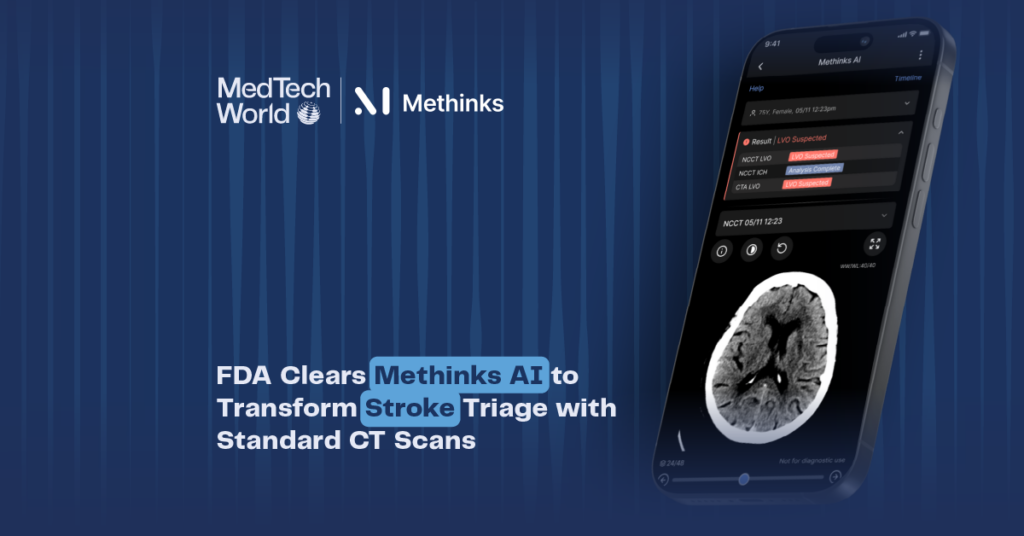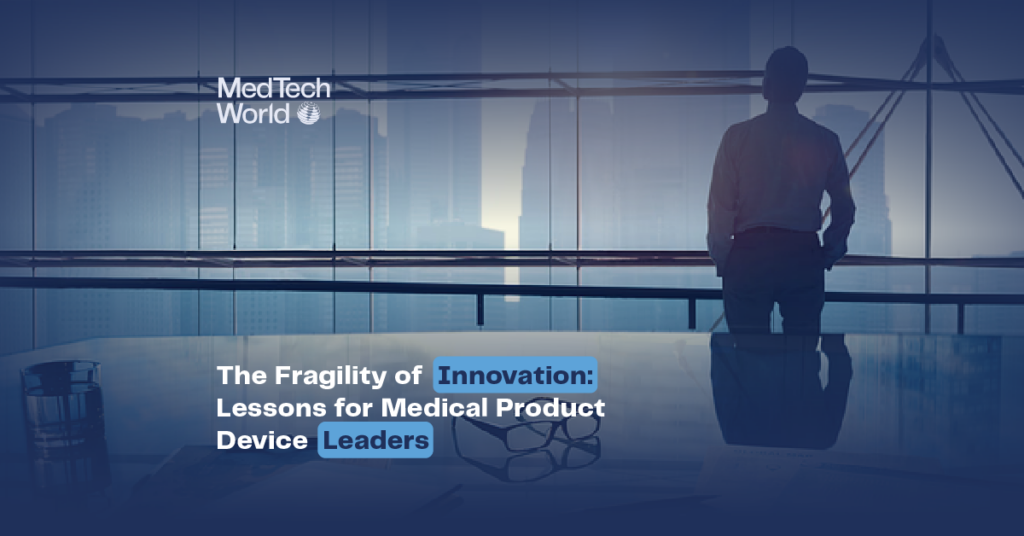
Michael Joe Cini
13th September 2021
Bacteria Detected in Wounds Using Low-Cost Carbon Sensors
Potentially paving the way for real-time medical devices, low-cost screen-printed carbon sensors were used to quickly detect bacteria commonly found in wounds
It was shown that portable electrochemical sensors employed in a trial by the University of Strathclyde and NHS Ayrshire & Arran may identify infections in clinical samples within half an hour, significantly faster than conventional hospital laboratory testing. Wound infection detection and bacteria identification in clinical practice can be costly and require at least 48 hours using gold-standard laboratory techniques.
Dressings and swabs were collected from diabetic-related foot ulcer patients at the University Hospital Ayr in cooperation with NHS Ayrshire and Arran clinicians. To test for bacterial contamination in these samples at Strathclyde University, researchers used the new sensor, which indicated that it was possible to detect it within the hour.
It was discovered that the sensors could identify Proteus mirabilis, one of the most prevalent bacterium species detected in wounds. In the human gastrointestinal tract, this bacterium is part of the body’s natural microflora, although it can cause illness in people with weakened immune systems or wounds.
One hour after inoculating a sample, a pathogen’s development was identified in laboratory testing, according to the peer-reviewed study that earned the Best Paper Award at the annual World Congress on Electrical Engineering and Computer Systems Science.
The electrochemical technique adopted measures the electrical ‘impedance’ of a sample over a wide range of electrical signal frequencies, creating spectra – formed by the measurement of how current flows through the bacterial layer at each frequency Changes to these spectra over time can be investigated, providing information about the microbiological content of the sample. This and a unique mathematical approach to studying the spectra have resulted in patents being granted for the method.
For patients, healthcare-associated infections (HAI) pose a serious hazard since they increase treatment durations and expenses, as well as the likelihood of becoming ill. HAI is often associated with wound infections.
Researchers at Strathclyde University found that 1% of patients get hospital-associated infections (HAIs), costing NHS Scotland more than £46 million annually, according to a study commissioned by the Scottish Government and released in June.
Their research suggests a cost-effective real-time wound monitoring system capable of swiftly detecting infection may be developed using this technology, which could substantially shorten the time it takes to diagnose wound infections in clinical settings.
Aiden Hannah, a biomedical engineering researcher from the University who carried out this work, said: “Whilst a range of other bacteria have been detected using Electrochemical Impedance Spectroscopy, to the best of our knowledge this is first reported study of real-time Proteus mirabilis detection using a label-free, screen-printed carbon electrode.
“The ability of our low-cost sensors to rapidly detect the presence of infection in clinical wound samples highlights their potential for adoption into point-of-care infection monitoring devices. The ability to monitor infection status in real-time, would enable earlier intervention and improved prognosis.”
Consultant diabetologist for NHS Ayrshire & Arran, Professor Andrew Collier, who was part of the study with senior podiatrist Danielle Main, added: “Diabetes foot ulcers are, unfortunately, common, with the lifetime risk for an ulcer being approximately 15-25%.
“Infection is common and can lead to lower limb amputation if not treated early and aggressively. Early detection and appropriate treatment of infection will reduce the risk of amputation significantly, with three out of four amputations preventable.
“The early detection of infection demonstrated in this study will have significant impact upon both the individual with a diabetes foot ulcer and NHS resources.”
Med-Tech World: 18th-19th November 2021
The Med-Tech World conference, which follows a successful digital event in 2020, will run from 18th-19th November 2021 and will highlight innovations and developments in digital health across the globe. With so many countries realising the potential for exponential growth, Med-Tech World will address the opportunities and challenges driving this multi-million forum – embracing the potential for technological innovation to change the face of medicine in this global sector. Register your interest here!




